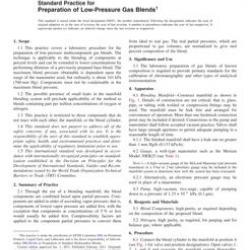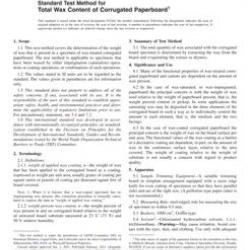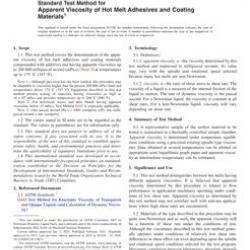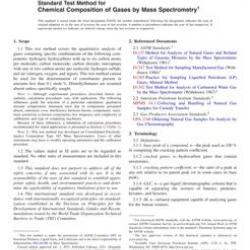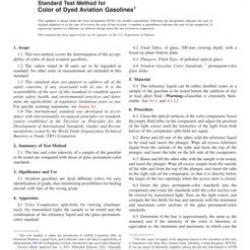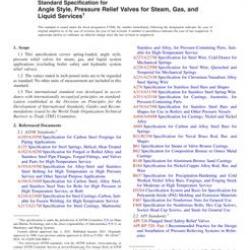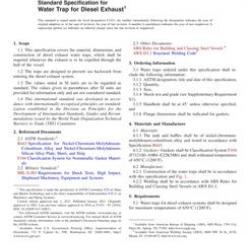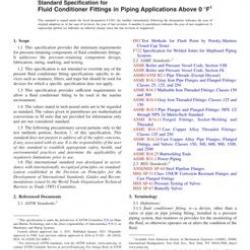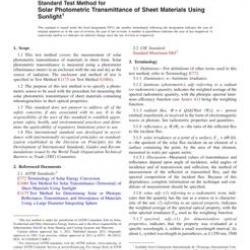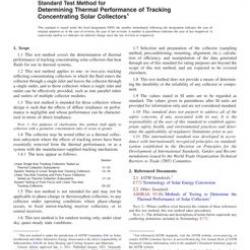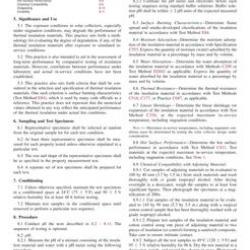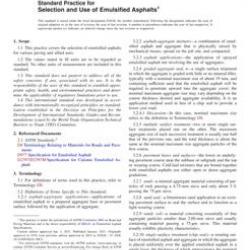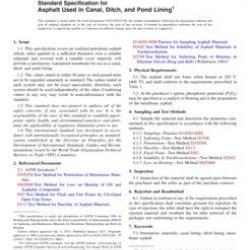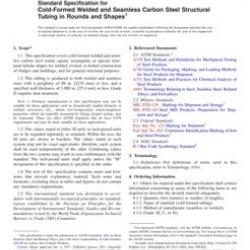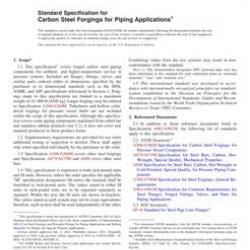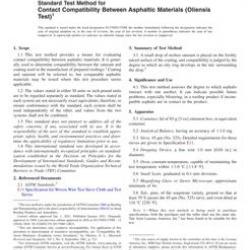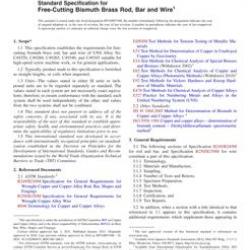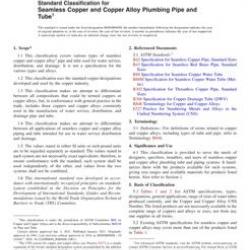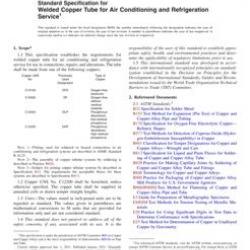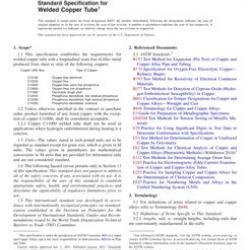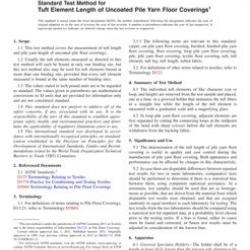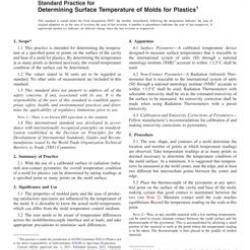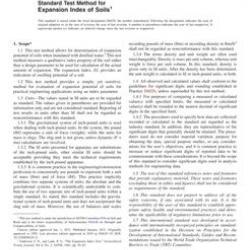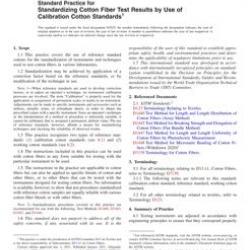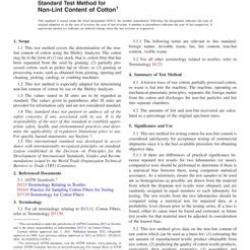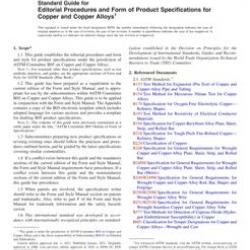Full Description
1.1 This automated laboratory test method covers the quantitative determination of the ignition characteristics of conventional diesel fuel oil, oil-sands based fuels, hydrocarbon oils, blends of fuel containing biodiesel material, diesel fuel oils containing cetane number improver additives, and is applicable to products typical of ASTM Specification
D975 grades No. 1-D S15, No. 1-D S500, and No. 1-D S5000, and grades No. 2-D S15, No. 2-D S500, and No. 2-D S5000 diesel fuel oils, European standard EN 590, and Canadian standards CAN/CGSB-3.517 and 3.520. The test method may also be applied to the quantitative determination of the ignition characteristics of diesel fuel blending components.
1.2 This test method measures the ignition delay of a diesel fuel injected directly into a constant volume combustion chamber containing heated, compressed air. An equation correlates an ignition delay determination to cetane number by Test Method
D613, resulting in a derived cetane number (DCN).
1.3 This test method covers the ignition delay range from 2.64 ms to 6.90 ms (75.1 DCN to 31.5 DCN). The combustion analyzer can measure shorter and longer ignition delays, but precision may be affected. For these shorter or longer ignition delays the correlation equation for DCN is given in
Appendix X2.
1.4 For purposes of determining conformance with the parameters of this test method, an observed value or a calculated value shall be rounded "to the nearest unit" in the last right-hand digit used in expressing the parameter, in accordance with the rounding method of Practice
E29.
1.5 The values stated in SI units are to be regarded as standard. No other units of measurement are included in this standard.
1.6 This standard does not purport to address all of the safety concerns, if any, associated with its use. It is the responsibility of the user of this standard to establish appropriate safety, health, and environmental practices and determine the applicability of regulatory limitations prior to use. 1.7 This international standard was developed in accordance with internationally recognized principles on standardization established in the Decision on Principles for the Development of International Standards, Guides and Recommendations issued by the World Trade Organization Technical Barriers to Trade (TBT) Committee.



